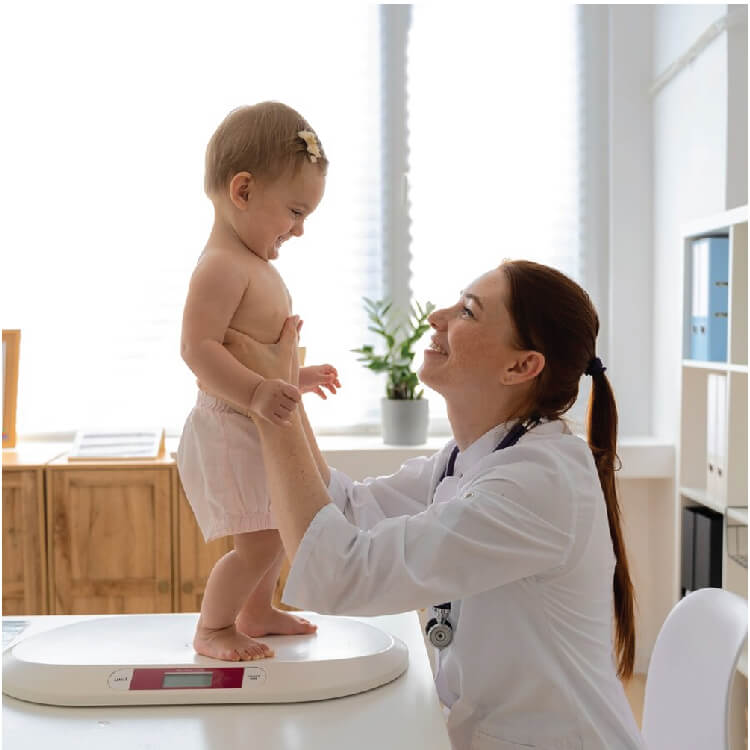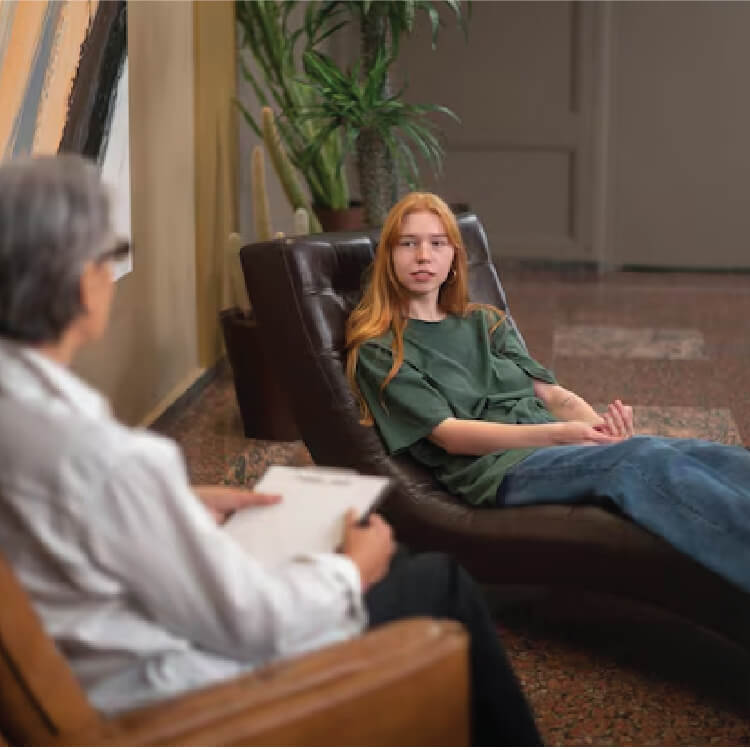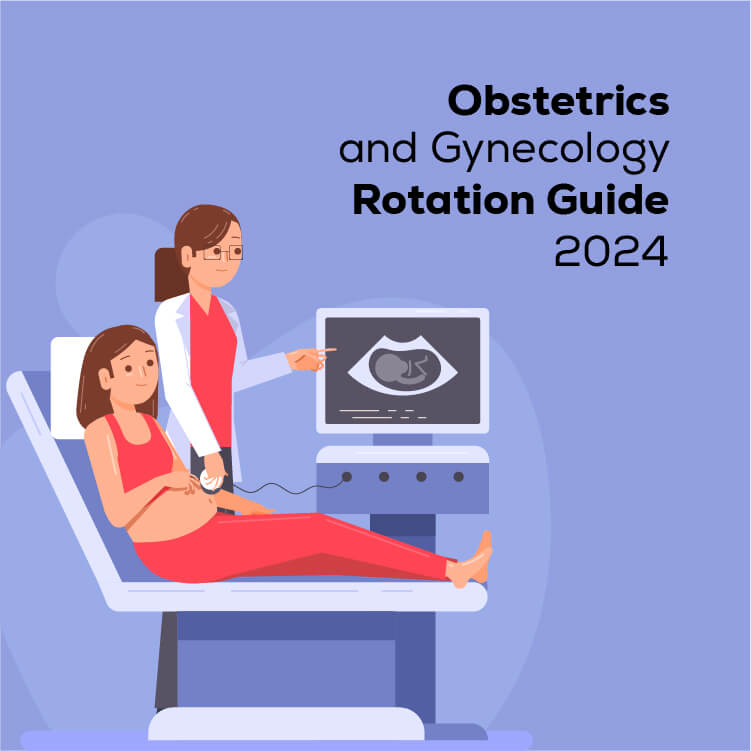
A career in medicine means good days and bad days. There will be those obstacles that seem impossible but there will also be small victories that make it worthwhile. During interview season, however, all bets are off! Not only is this one of the toughest times for medical graduates, but it is also riddled with such uncertainty that anyone would lose their cool. Why is it that at the end of the process, some come out successful while others don’t match a residency position?
While the match process comes with no guarantees, there are no shortcuts in medicine, after all, certain prerequisites are important to building a path to practice medicine in the US. What you need to remember is that reapplying for residency interviews isn’t that unusual. There could be many reasons leading to a strong candidate failing to match. The matching process is not only competitive but there are thousands of strong applications in the pool.
Every year, many go unmatched. And yes, sometimes it’s their less than impressive interview skills that put them out of the running or the application itself. But the good news is that it isn’t the end of the world. You need to dust yourself off and remind yourself that this is one of the many curveballs a career in medicine will bring. Just means that there are certain things to take into account before you re-apply.
5 Reasons Why You Didn’t Match To A Residency Program
- Experience Speaks For Itself:
First thing first: if you want to practice medicine in the U.S., one of the prerequisites is having prior experience in the States. Without adequate knowledge of how the healthcare system and patients work, interviewers might not feel confident in placing you in a hands-on experience. Now we know that for IMGs this can pose a challenge. Despite having experience from their hometowns, relying on just that won’t cut it. While you should include most experiences you’ve had as it can show the depth of knowledge and your strengths, you don’t want to apply without some country-specific experience. If you’re an IMG who hasn’t completed more than one U.S. clinical experience, this could be a reason you didn’t match into residency.
While this could seem like a challenge, we choose to look at it as an opportunity! Creating ease in landing clinical rotations for IMGs is what we do best.
2. Low Scores Mean Low Chances Of Matching:
Not to state the obvious but with a field that is as competitive as medicine, the higher you score, the higher your chances of matching. Preparing for USMLE exams is key! Even so, you need to be strategic when picking a program. Those who match should look at the average USMLE scores of current residents. By knowing the competition, you’ll be able to see where you stand when it comes to a program selecting you. Test scores are one of the first and easiest filters programs use to narrow their applicant pool.
On the upside, if you do make it to the interview round, your scores were not dealbreakers. But in a competitive process, the smallest slump can make the difference between two good applicants.
“You are capable of more than you know. Choose a goal that seems right for you and strive to be the best, however hard the path. Aim high.” E.O. Wilson
3. Your Preparation Wasn’t Complete:
This can mean one of two things: either your documents which include your statement, application, and letters of recommendations aren’t up to date or lacking in completion, or you didn’t apply in time. Some end up applying too late because they’re waiting for scores. Others don’t apply to enough programs to give themselves good odds or they apply to the wrong programs. Ones that don’t fit.
The MyERAS Application is extensive and complex, to say the least. With little additional information and instruction. Make sure you begin filling this out early and that you are making the most out of every section. There are many common mistakes that applicants can, and do, make when filling out the application. It’s essential that your application is error-free before you certify it and it’s locked forever!
Now when it comes to your letters of recommendation, it’s all about quality. The quantity won’t help you if the LORs are irrelevant or outdated. So it’s out with the old and in with the new! Letters of Recommendation used on residency applications should be no more than 2 years old. Old LORs show a lack of relationships in the medical community, a lapse in training, and even poor medical knowledge and skills. Don’t let old letters of recommendation hold you back! The more experience you can gain along the way, the better your chances of getting matched.
4. Your Attitude Can Make You or Break You:
Now hold on, we’re not going preachy on you! But facts are facts: your residency interviews are all about making an impression and letting your interviewer see your passion for medicine. If you’re unable to create a connection with your interviewer, your chances of being memorable are low. Similarly, if your demeanor doesn’t emanate confidence and surety, it would translate negatively in the interview.
So yes, attitude can make you or break you. Practicing your interview skills, insightful anecdotes and questions beforehand can go a long way! And don’t hold back from seeking help. You’d be surprised how many students, just like you, come to us unable to understand why they’re not doing well in interviews despite stellar records. When it comes to interviews, we say your skills both on paper and off should be shown in balance.
5. You Need To Reevaluate Your Programs:
You’ve worked hard, harder than you’ve ever worked before, it makes sense that medical students aspire to be accepted into the greatest and most prestigious residency programs. But that doesn’t work during Match Season.
You did yourself a disservice if you decided to rank the most competitive programs or if you have no notion what program match rates are like. Because residency through the National Residency Matching Program is based on an algorithm that takes both program and applicant preferences into account, it’s critical to apply to schools that will give you a high ranking. Even though you can rate up to 100 programs for free, programs rarely rank applicants they haven’t interviewed. After all, it’s difficult to gain a strong sense of someone’s personality without knowing their name.
And the trifecta: for IMGs, not all programs are open to international graduates. You need to do your research to find IMG friendly residency programs so you don’t waste time and resources!
That’s where we come in! Our team at USDoctors.co has put together an extensive list of over 200 IMG Friendly Residency Programs and that too for FREE!
All you need to do is sign up and jump-start your medical journey!
Interested? Check it out at 200+ IMG FRIENDLY RESIDENCY PROGRAMS?
Have questions? You can #AskUSDoctors at info@usdoctors.co



